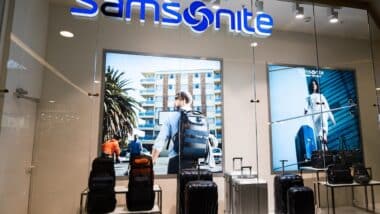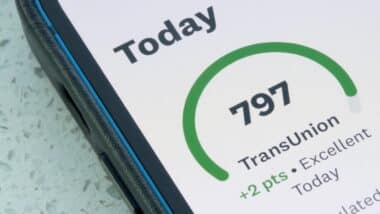 What is Call Recording?
What is Call Recording?
Call recording occurs when a company or individual records a phone call. Companies may record phone calls for a variety of reasons, including training purposes, customer service, ensuring regulatory compliance, and other legal reasons.
Many contact centers record phone calls in order to streamline the customer service process, ensure that information is correctly relayed between the company and consumer, and have a record of customer interactions, according to Ameyo. However, most states have strict privacy laws about how and when companies are allowed to record phone calls with customers.
Is It Legal for Companies to Record Phone Calls?
Each state has laws regarding how and when companies may record phone calls. There are two main types of call recording laws. These types are one-party consent laws and two-party consent laws.
Under one-party consent laws, entities can record phone calls without the knowledge or consent of the other party. While most states have one-party consent laws, eleven states have two-party consent laws, including California. Under these laws, everyone involved in a conversation must give their consent to be recorded.
One- and two-party consent laws only apply if the person recording the conversation is involved in the conversation. Conversations that are recorded by a third party who is eavesdropping or wiretapping is illegal. Many lawsuits regarding illegal call recording are filed in California, due to the state’s strict two-party consent laws. Companies must provide call recording disclosures in California.
While many companies that record phone calls include a disclaimer at the beginning of the call stating that the call may be recorded, several companies have been accused of illegally recording phone calls in states with two-party consent laws without obtaining the prior consent of the customer.
What Companies Have Been Accused of Recording Phone Calls?
Several companies have been accused of illegally recording phone calls without customer consent. Swarovski, the Austria-based crystal company, has been accused by plaintiffs in at least one class action lawsuit of violating call recording laws and customer privacy. According to consumers, Swarovski failed to notify customers that their phone calls were being recorded, either verbally or with a pre-recorded warning at the beginning of the call.
In addition to Swarovski, other companies that have been accused of illegally recording phone calls include Dermalogica, Foster & Smith, Mears Transportation Group, Romano’s Macaroni Grill, Southwest Rapid Rewards, United Airlines PetSafe, Cannondale Bicycle Corporation, and Czech Airlines.
What Can Victims of Call Recording Do?
Victims who have been subject to illegal call recording may be able to hire an attorney to represent them in a class action lawsuit against the company recording calls. Companies who violate these laws may be charged with a crime or fined. California has especially strict call recording laws, which allow victims to sue for criminal and civil charges. Victims may be able to collect compensation for these violations if they are able to prove that they were illegally recorded.
If you live in California and you did not receive a warning when calling a toll-free number, your call may have been recorded in violation of California law, and you may be entitled to compensation. See if you qualify to file a California call recording class action lawsuit.
ATTORNEY ADVERTISING
Top Class Actions is a Proud Member of the American Bar Association
LEGAL INFORMATION IS NOT LEGAL ADVICE
Top Class Actions Legal Statement
©2008 – 2025 Top Class Actions® LLC
Various Trademarks held by their respective owners
This website is not intended for viewing or usage by European Union citizens.
Get Help – It’s Free
Join a Free California Call Recording Class Action Lawsuit Investigation
An attorney will contact you if you qualify to discuss the details of your potential case at no charge to you.
PLEASE NOTE: If you want to participate in this investigation, it is imperative that you reply to the law firm if they call or email you. Failing to do so may result in you not getting signed up as a client or getting you dropped as a client.
Email any problems with this form to [email protected].
Oops! We could not locate your form.












